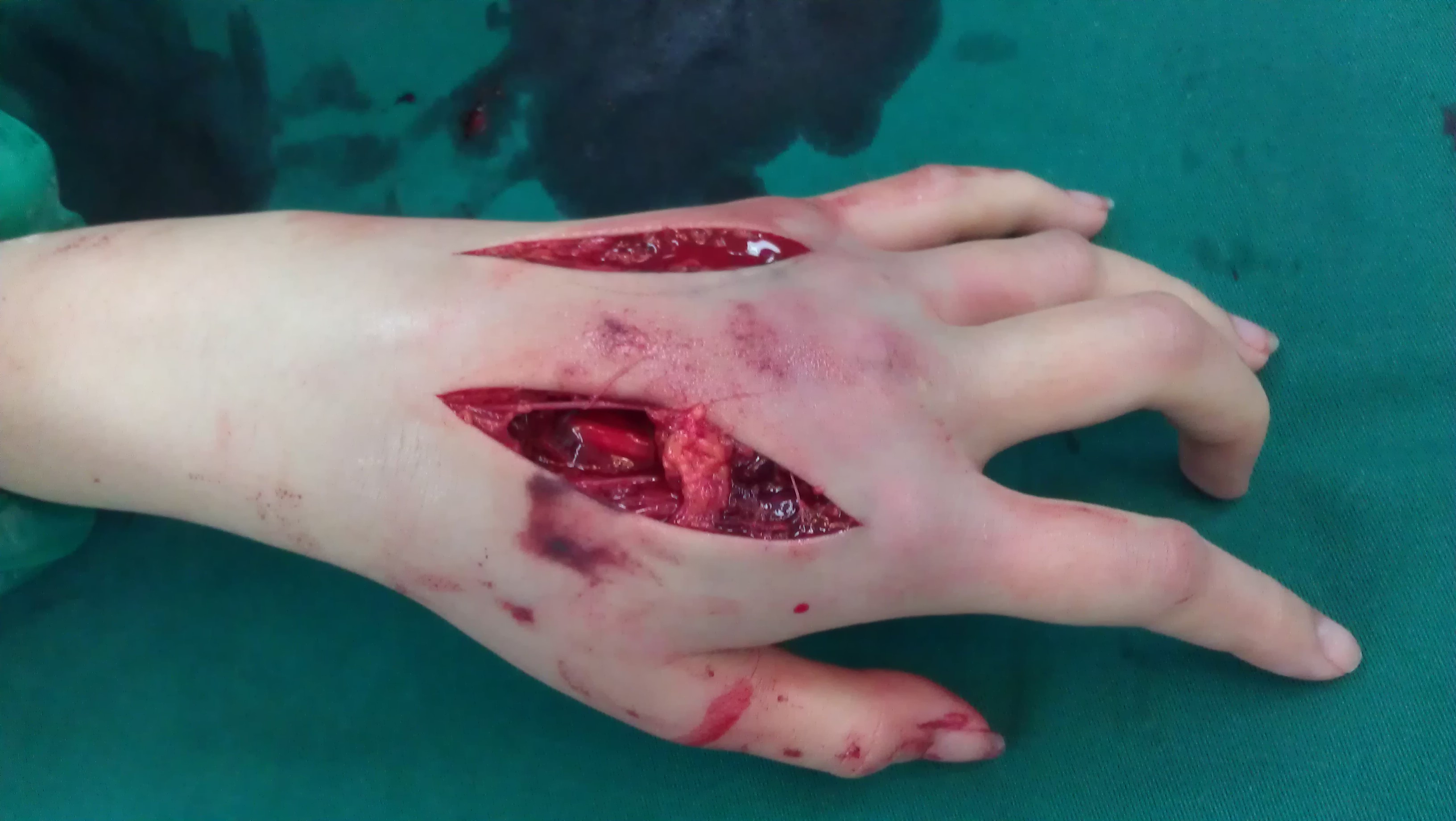 Programme philosophy and aims
Programme philosophy and aims
Patients with ailments and injuries of the hand contribute to a significant component of most health care system. For quality care and optimum outcomes in the management of these patients requires adequate breadth and depth of knowledge in the – form, function and ailments of the hand.
The current undergraduate curriculum is unable to deliver this knowledge set due to the pressures on the curriculum for time and content.
Currently available hand surgery programs have exclusive entry requirements making the acquisition of this knowledge not easily accessible. They do not offer a flexible and on demand type of learning that is centred around the student and universally accessible and affordable while being locally relevant.
This unique program is produced with practicing doctors in mind who are or would like to manage patients with hand problems. It is universally accessible with an e learning platform and modular in nature catering to the complex learning needs of the working doctor embarking on post graduate medical education.
Using an action learning principles and work based learning framework, it provides an opportunity for the doctor to acquire knowledge and skills in hand surgery in a clinical setting and each module will require the candidate to do reflective learning in their own environment.
The aims of the programme are :
At the end of the Masters program, the candidate will be able
1. To understand the anatomy and physiology of the hand and how it can be assessed.
2. To describe, identify and formulate management plans for common hand injuries and conditions in the community
3. To understand the impact of hand injuries and ailment in the community and describe the role of personalised, preventative ad promotive care
4. To critically review the literature for evidence in hand surgery practice and also be able to critically reflect on their own practice of hand surgery
5. To understand the principles of research and design a research project in hand surgery